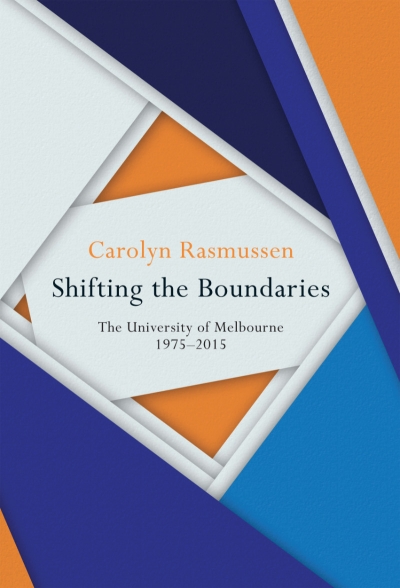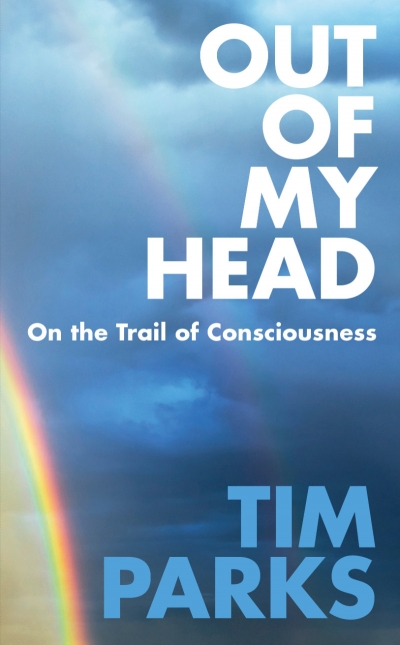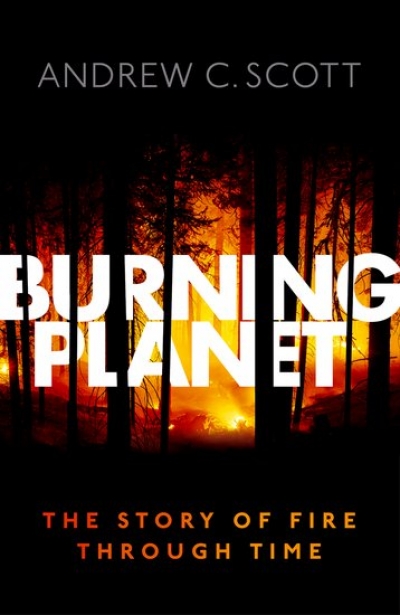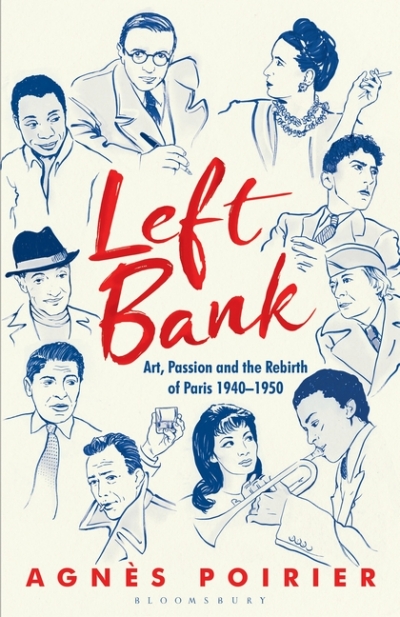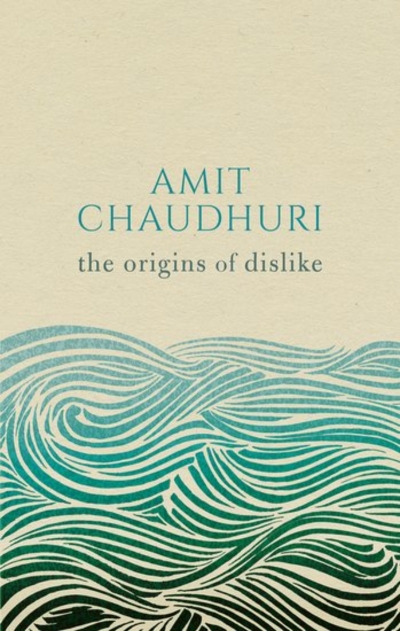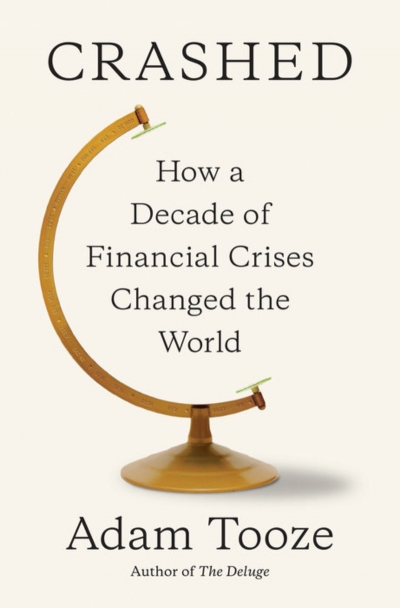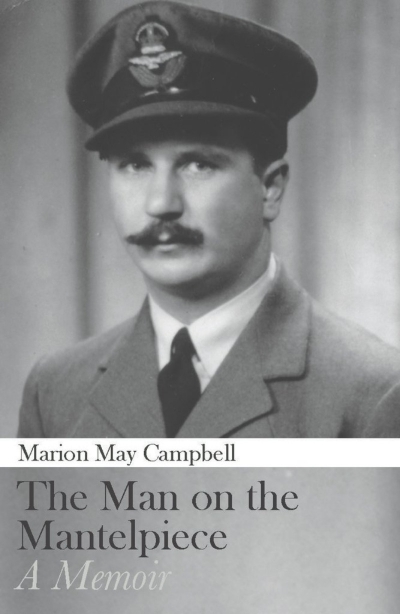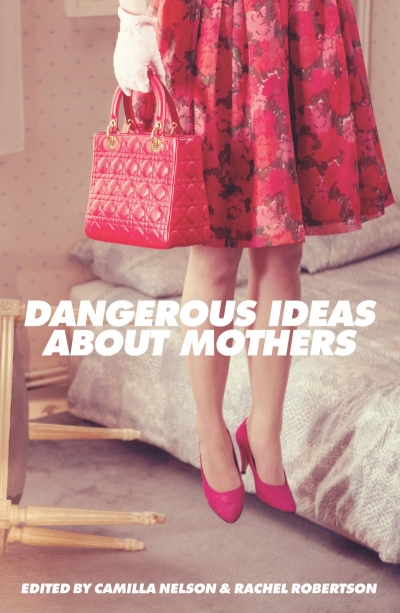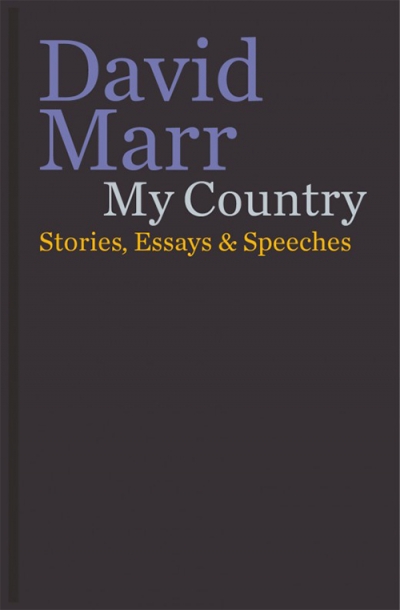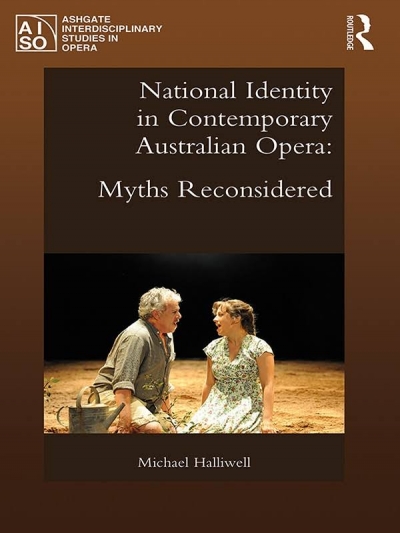Non Fiction
Shifting the Boundaries: The University of Melbourne 1975–2015 by Carolyn Rasmussen
During the 1960s and 1970s, student radicals protested that their places of learning were getting too close to industry and government. In 1970, Monash University students occupied the university’s Careers and Appointments Office to oppose the use of the university as a recruiting ground for companies ...
... (read more)How does consciousness, the feeling of what happens, emerge from the object that Tim Parks describes in this engaging book as ‘a gruesome pinkish grey, vaguely intestinal lump’? Is mind identical with brain, is it secreted by it in some fashion, or does it, as some philosophers suggest, mysteriously ‘supervene’ on ...
... (read more)A few years ago I walked through a burning landscape with a young archaeobotanist, Xavier. We were in Arnhem Land, and the local Indigenous landowners had lit a low-intensity fire – a cool burn – to encourage new growth and reduce the fuel load around nearby settlements. The newly blackened landscape looked clean, even beautiful ...
... (read more)Left Bank: Art, Passion and the Rebirth of Paris 1940–1950 by Agnès Poirier
A country that fails its purge is about to fail its renovation,’ warned French-Algerian writer Albert Camus in a January 1945 editorial. Camus’ ominous edict, issued in the weeks following the end of Germany’s occupation of France, encapsulates something of what Agnès Poirier is trying to say in this ...
... (read more)There is something oddly Jesuitical about this arresting, if not quite thrilling, collection of essays in defence of Modernism (and so modernity). It may be Krishna that Amit Chaudhuri champions, rather than Catholic doctrine, or at least Krishna’s delight in ‘the infinitely tantalizing play, chicanery, and ...
... (read more)Crashed: How a decade of financial crises changed the world by Adam Tooze
In 1996 the pre-eminent political economist Susan Strange published her final book, The Retreat of the State. Strange had dedicated most of her career to studying the ability of the state to tame the power of international finance. The nexus between state and firm had empowered the United States for more than a century ...
... (read more)The Man on the Mantelpiece: A memoir by Marion May Campbell
In 1952, Marion May Campbell’s father was killed in an apocalyptic accident when his World War II RAAF Dakota was knocked out of control by contact with a waterspout and was ‘unable to effect recovery’. There were no survivors and little wreckage. The outmoded Dakota was on loan to the CSIRO to ...
... (read more)Dangerous Ideas about Mothers edited by Camilla Nelson and Rachel Robertson
An essay at the heart of this collection, ‘Against Motherhood Memoirs’ by Maria Tumarkin, is not as insistent as its title suggests. Tumarkin, interested in ‘fissures and de-fusion’, troubles the awkward spots in her analysis. While reading Maggie Nelson’s The Argonauts (2015) – which places ‘motherhood and queerness side by side’ with ...
... (read more)There was excitement. David Marr, newly appointed editor of the National Times at just thirty-three, had agreed to speak with politics students on campus. Volunteers were dispatched to buy the obligatory felafel and cheese, plastic cups, and cask wine, and at 3 pm the famous journalist arrived to address ...
... (read more)National Identity in Contemporary Australian Opera: Myths reconsidered by Michael Halliwell
Just as we are unlikely today to think of South Wales when in New South Wales, nor does the existence of the Sydney Opera House does not of itself draw our collective attention towards opera. It is a structure more to be seen than heard; its professed reason for ...
... (read more)

